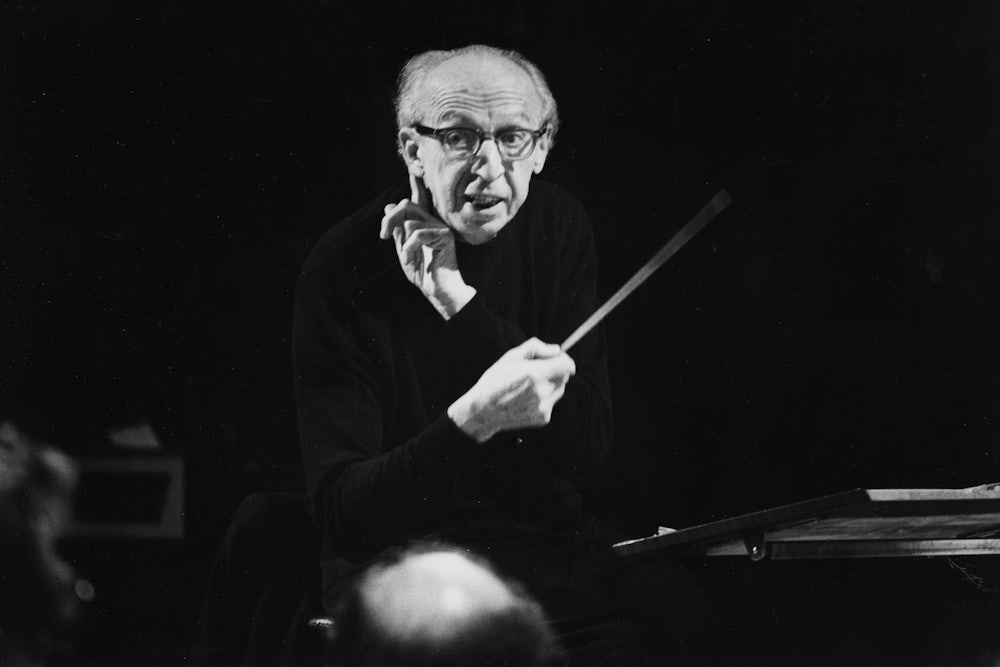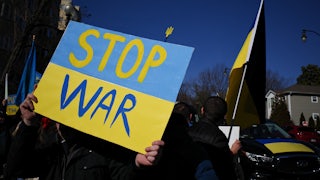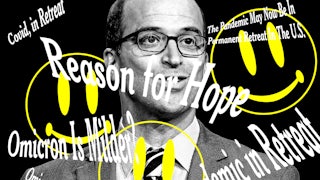Civic republican political philosophy is sometimes equated with communitarianism, and while they are not precisely the same, they both have as their watchword the concept of “the common good” (the res publica). Republican philosophy was embraced by the Founders of the American republic as fervently as the individualistic liberalism of John Locke. When he visited America in the 1830s, Alexis de Tocqueville found both political traditions current in American society and ascribed the remarkable success at the time of the world’s first mass democracy to the fruitful symbiosis between them.
The Progressive Era also involved an equilibrium between a communitarian ethos and the liberal credo of individual freedom. Some Progressive reforms involved the creation of communal infrastructure—such as public parks and playgrounds, and the institution of free secondary education—while others promoted the expansion of rights, most especially voting rights. Classical liberal theory was revised to include “positive rights” such as the right to a decent wage, affordable housing, and adequate health care (though none of these rights have been realized in full). Political scientist Robert Putnam believes that the Progressives profoundly altered American society for the better, but that the communitarian aspects of their achievement began to wither around 1970, leading to what we are witnessing now: a disintegration of the American social order.
Recently, I decided to Google the sentence “Books with the words Common Good in their titles.” I was surprised at the number that turned up, and believed it an encouraging sign that the concept was getting that much attention, so I ordered a half dozen of them. When I began perusing these volumes, however, I quickly realized that their messages, for the most part, were ones of alarm and dismay. Let’s look at In Search of the Common Good: Christian Fidelity in a Fractured World, by lay evangelical Jake Meador. Meador grew up in Lincoln, Nebraska, in an evangelical environment he found to be “devout, joyful, serious, simple and given to the life of humble, largely invisible service the Scriptures call God’s people to.” Here’s what he sees among American evangelicals today: “rampant sexual sin among alleged spiritual leaders … and a general lack of concern for the poor and the marginalized, all wrapped up in a shiny outer layer that masks the bones moldering within.”
Meadow sees the breakdown of any genuine sense of community among evangelicals as representative of the breakdown of community life all across America, at every level. For this he blames the Lockean philosophical tradition, with its emphasis on property rights and self-sovereignty, to which he opposes an ethic of solidarity with fellow citizens. But the authors of other books in my collection have found the source of contemporary political disorder in a more recent and insidious doctrine, that of neoliberalism, with its scorn of government and worship of private markets.
In “Teacher Education Policies in the United States,” a chapter in the book Navigating the Common Good in Teacher Education Policy, Barbara Bales explains that over a 25-year period beginning in 1992, the federal government systematically usurped oversight of teacher training from local school districts around the country and concentrated it at the federal level. The most jarring transition commenced in 2001, with the advent of the George W. Bush administration and the “punitive neoliberal policies” that characterized the No Child Left Behind Act and its audit-based accounting system. Bales quotes from a paper by education professor Ken Zeichner, who asserted that teachers had become instruments to further “the spread of global capitalism in its current forms and lend support to elements of the current system such as free markets and trade agreements, economic rationalism, increased surveillance of workers, and greater privatization of public services.” In his book For the Common Good: A New History of Higher Education in America, Charles Dorn, a professor of education at Bowdoin College, lambastes American universities for “the corporatization of higher education,” which he holds responsible for a “crisis” that includes “soaring tuition costs, limited student learning, the decline of the humanities, increasing class stratification, and the ‘unmaking of the public university.’” In From Commodification to the Common Good: Reconstructing Science, Technology, and Society, philosopher of science Hans Radder notes that since the commodification (i.e., patenting) of academic research, which he vehemently opposes, is “part of a widespread pattern of profound social and economic development (in particular the rise of neoliberal doctrines and politics),” there is no easy answer to the question of whether it can be stopped. “Still,” he says, “the recent, more widely acknowledged criticisms of neoliberalism may be a sign of forthcoming change.”
Nobel Prize–winning French economist Jean Tirole, in his book Economics for the Common Good, recommends, as a way of determining for yourself what might constitute the common good, John Rawls’s “behind the veil of ignorance” thought experiment, in which you imagine what kind of society you would want to join if you didn’t know ahead of time what your place in that social order would be. In Advancing the Common Good: Strategies for Businesses, Governments, and Nonprofits, Philip Kotler reports on a study done by Harvard Business School professor Michael I. Norton and Duke professor of psychology and behavioral economics Dan Ariely, in which they asked a random sample of Americans which of three hypothetical countries they would choose to live in if they knew only their income distributions: one with a high level of income inequality, one with a moderate level of income inequality, and one with no income inequality. Ninety-two percent of respondents took the second choice, a country with modest inequality. If Americans are instead living in a country with radical economic inequality, as they are now, to what extent is the United States actually a functioning democracy at the moment?






